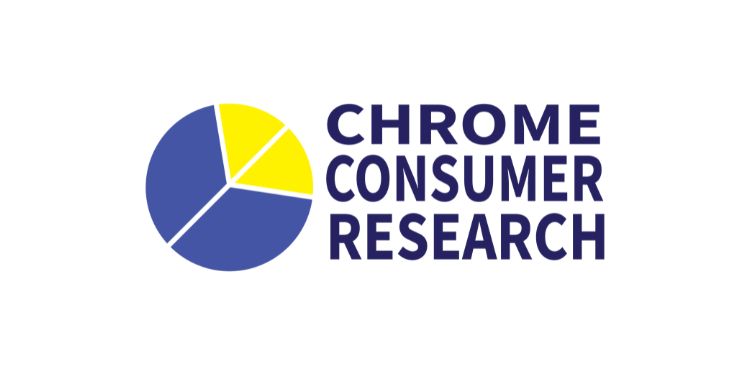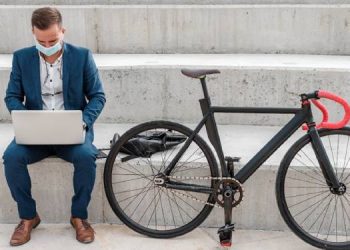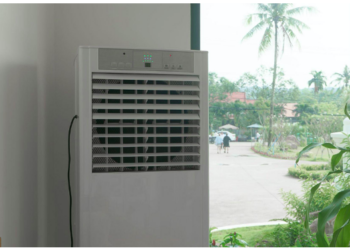In the shadowy corners of the world’s markets, a sinister force lurks, silently spreading its poisonous tendrils across diverse industries. Counterfeiting, a malevolent global specter, casts its dark veil over legitimate businesses, leaving a trail of deception and despair. India, too, finds itself ensnared in this web of deceit, as counterfeit products infiltrate with impunity. The market is witnessing an inundation of counterfeit products, ranging from popular brands such as Lays, Amul, Parachute, and Glow & Lovely to essential commodities like medicines. Chrome Consumer Research, a prominent market intelligence agency, has recently published a report that sheds light on a concerning trend – the rapid proliferation of counterfeit products across the water purifier industry. The report delves into the far-reaching consequences of this escalating problem, posing serious risks to consumers and legitimate brands on a global scale.
The widespread availability of fake goods not only erodes consumer trust but also poses significant threats to the reputation and market share of established brands.
A recent audit conducted by Chrome Consumer Research on behalf of a leading brand within the water purifier industry yielded alarming results. The threat of counterfeited products looms over mass-market goods, leading to substantial revenue losses and damaging the brand’s image. The audit findings revealed that 60% of such cases were reported in North India, with cities like Rupnagar, Lucknow, Varanasi, Aligarh, Meerut, Allahabad, Rudrapur, Rae Bareli, Nawanshahr, Ferozpur, Hoshiarpur, Panipat, Jaipur, Dehradun, Jhansi, Moga, Rewari, Panchkula, Ambedkar Nagar, Patiala, Baramulla, Haldwani, Lakhimpur Kheri, Jodhpur, Solan, Kanpur, Ajmer, And Karnal being significantly affected.
Driven by concerns for public health and safety, the concerned brand took decisive action by seeking legal recourse against counterfeiters and infringers. In response to the brand’s plea, the Court directed raids in collaboration with local authorities and the Police, conducting targeted operations across all locations.
To steer clear of such risks, experts strongly advise consumers to purchase products only from authorized sellers, trusted outlets, genuine business partners, and certified service technicians. However, Chrome Consumer Research audits have also revealed instances where authorized dealers have been caught selling duplicate products alongside local vendors.
Counterfeiting is most prevalent in the apparel and FMCG sectors, followed by pharmaceuticals, automotive, and consumer durables. Notably, counterfeit sales of water filtration and purification products have been found to pose severe risks, potentially leading to waterborne diseases and loss of life due to substandard quality.
Chrome Consumer Research highlights the pivotal role that mystery audits play in combating the counterfeit product market. However, the company emphasizes the importance of adopting essential measures. Mystery audits have evolved significantly, with market players becoming increasingly aware of ongoing raids. Counterfeiters now maintain large warehouses stocked with thousands of fake products, employing various tactics to evade detection. They may avoid in-person meetings, communicate only through queries over the phone, or claim their staff members are on the field. Moreover, counterfeiters produce not just one or two types of products but also develop local brands and counterfeited products that closely resemble genuine ones. Building trust with clients is of utmost importance, necessitating additional efforts such as daily reporting, customized dashboards, and real-time data tailored to clients’ specific requirements. In a rapidly changing world, relying solely on audio, video, and picture proofs is insufficient; geotagging and timestamping are essential. Visiting locations can sometimes be time-consuming due to vendors’ excuses.
As the battle against counterfeit products intensifies, Chrome Consumer Research remains steadfast in safeguarding consumer interests, protecting genuine brands, and promoting a market environment free from fraudulent practices.

















